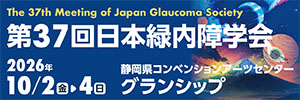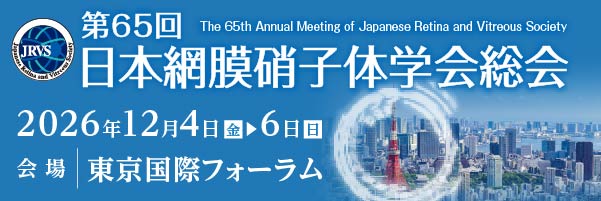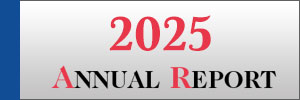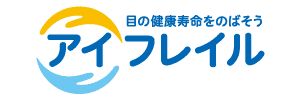Growing the Industry through Contributions to Ophthalmology

会長 小澤 素生
The Japan Ophthalmic Instrument Association (JOIA) is an industrial association of 130 companies (as of April 2017) that manufacture and sell ophthalmic instruments. Since it was started in 1978, it has worked to promote the standardization of ophthalmic instruments, ensure quality and safety, optimize distribution and sales, and cooperate with the Japanese Ophthalmological Society to hold and run medical instrument technical exhibitions.
In recent years, JOIA has also focused on work that develops ophthalmology and improves the position of the industry. Through its participation in the Japan Federation of Medical Devices Associations, a federation of 21 Japanese medical instrument associations, JOIA has obtained information from the government, suggested regulations and system reforms related to the medical instrument industry.
JOIA also makes requests to revise the medical payment from the technology evaluation point of view with the cooperative work of the Japanese Ophthalmological Society and the Japan Ophthalmologists Association.
The ophthalmic instrument industry must be growing with the progress of ophthalmology. We are working in three main areas to help develop the industry.
The first is our continued effort towards revising the medical reimbursement system and medical payment. Medical expenses in Japan continue to rise as the population ages. In 2014, these costs exceeded 40 trillion yen, and of these ophthalmology-related costs have remained stable at 1 trillion yen. However, we must ensure that new innovative technology is evaluated appropriately. By ensuring that new technology is covered by insurance, we can help patients maintain the health of their eyes, and this will also lead to the development of the ophthalmology industry.
The second is our “commitment to developing international standards of data output from ophthalmic diagnostic instruments.” This work is aimed at having the “JOIA Std.”, an output data format standard for ophthalmic diagnostic instruments that we have worked on for 8 years at the request of the Japanese Ophthalmological Society, be adopted as an IHE (Integrating the Healthcare Enterprise) international industry standard, and furthermore have it adopted as an ISO (International Organization for Standardization). Making Japanese medical instrument/system standards international will strengthen Japan’s international competitiveness and improve ability to export goods. This standardization effort will also contribute to the use of medical big data, such as glaucoma examination data. We plan to work with societies/associations, related industry groups such as those related to medical ICT, and the government to promote this work.
The third is “activities for promoting public ophthalmological examinations.” As society rapidly ages, one of our obligations as an industry that provides ophthalmic instruments is to improve examination rates to detect glaucoma and retinal diseases such as diabetic retinopathy and age-related macular degeneration early, and prevent loss of eyesight. This will also lead to further development of the industry.
Alongside this work, we want to improve the presence of ophthalmology and medical instruments within healthcare, and grow the ophthalmic instrument industry through thoroughly obeying all laws such as the Pharmaceuticals and Medical Devices Law and competition law, and industry protocols such as “transparency guidelines”.
Best regards,
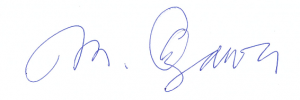
Motoki Ozawa
President
Japan Opthalmic Instruments Association
Note – IHE (Integrating the Healthcare Enterprise):
An industry initiative to create and popularize guidelines for unifying health information systems in hospitals


